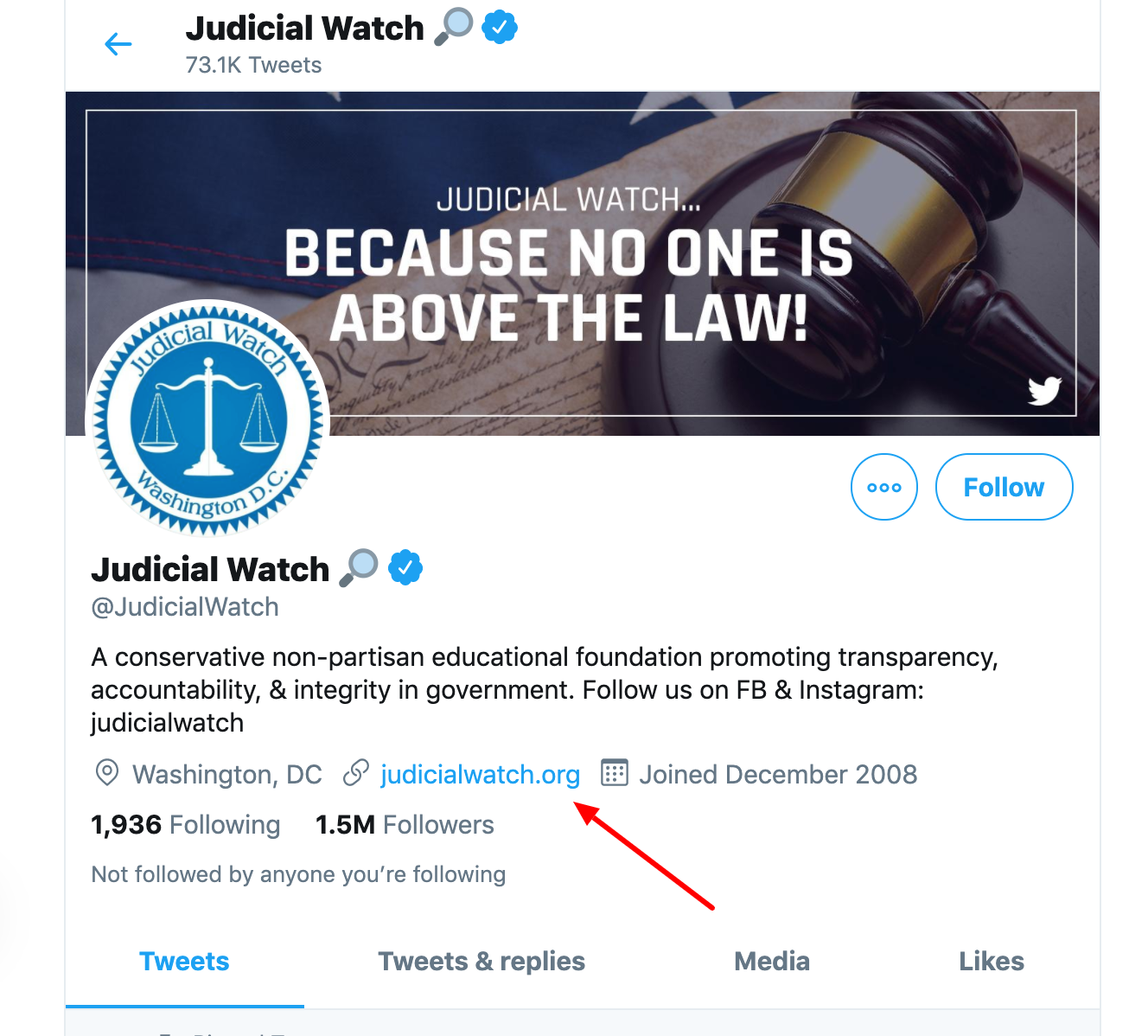The domain name is more than the address of your website. It represents your business idea; it identifies you and your company online.
A domain is an influential marketing tool. Even one word of 5–6 letters, from which the domain name is composed, can significantly affect a user's decision to visit the site. The domain name determines the first impression of the brand, which remains in the visitor's memory.
How to Choose a Domain for a Custom Link Shortener
ReadThe domain extension isn't less important than the domain name. Choosing a domain zone is an important decision and responsibility. It is necessary, and the domain extension is entirely related to the topic of the site and the region where the domain will be used.
Top-level domains (TLDs) are divided into country domains (ccTLDs), general-purpose domains (gTLDs), and service domains (iTLDs).
How to Choose the Domain Extension
Pay attention to the three factors that play an important role when choosing a domain name extension.
— #### Website Purpose
Do you want to launch a blog, an educational institution, an online shop, a business, a government? Depending on your purpose, pick a domain extension that accurately reflects it. If it is an online business, choose .com or .biz. You can choose ".org", when you want a non-profit organization launch.

A ".gov" is appropriate for government institutions. Picking the wrong domain extension can confuse the visitors and increase the risk of misinterpretation. If a blog uses the ".gov" extension, visitors can think that the website belongs to a government institution. That can negatively affect domain perception.
- Location
The domain extension can show location. There's an opportunity to choose location-targeted domain extensions to show the location. ".de" is for Germany, ".ca" for Canada, ".es" for Spain.
If the domain extension is ".com", ".net", or ".org", the domain name will be targeted for all international countries. Other domain extensions are bound to a particular geographic area.
Think of your location and decide if you want to use a country-specific website or a global website. Then you can choose the appropriate domain extension for the website.
- SEO optimization
While Google indicates that the domain extension doesn't affect search rankings, there is still a chance that your domain extension can influence your search ranking.
The keywords that users use when looking for your website could affect search ranking. If you manage an online shop in Belgium, people most likely will use "online shop be". Choosing ".be" as your domain extension can increase the chances for better Google search results.
Some Types of Domain Extensions
Below is a list of the most common extensions:
- сom (commercial)—international domain for commercial purposes;
- net (network)—as 'net' is associated with technologies and networks, it is commonly used by tech companies;
- biz (business)—companies of a commercial nature; sometimes spam services use it;
- edu (education)—educational institutions or nonprofit companies;
- gov—institutions of a public nature (only institutions with relevant documents are eligible to purchase);
- org— nonprofit organizations;
- pro—sites providing services of certified professionals/specialists;
- info—information resources, blogs;
- name—sites dedicated to a specific person; usually noncommercial sites;
- me (personal)—sites for personal blogs or websites; ccTLD for Montenegro;
- fm—sites devoted to broadcasting; ccTLD for the Federated States of Micronesia;
- tv—sites devoted to television; media content; URLs for YouTube and Vimeo channels.
Conclusion
We recommend following the guidelines in the article and combining them with your creativity and knowledge to determine the best domain extension.
How to Configure a Domain on Short.io
ReadWhat did you learn:
- Domain extension.
- How to pick up the best domain extension.
- The importance of domain zones.
- Which domain extension is appropriate for your site.
Read also:


